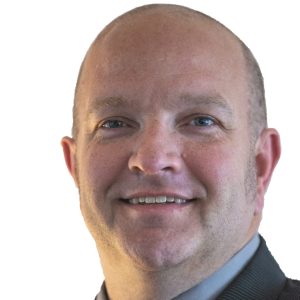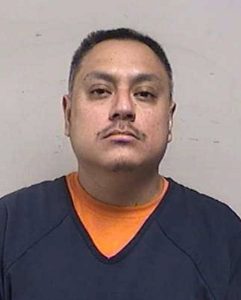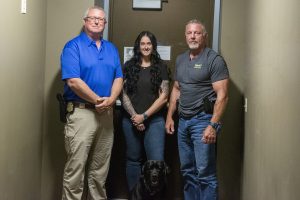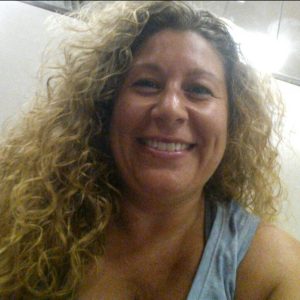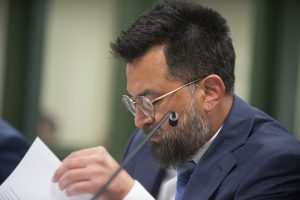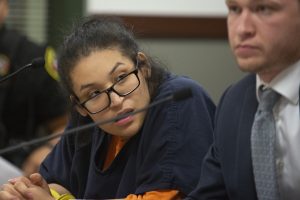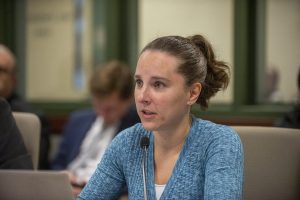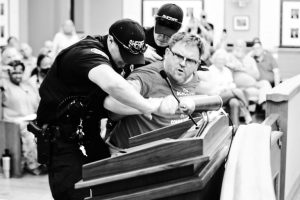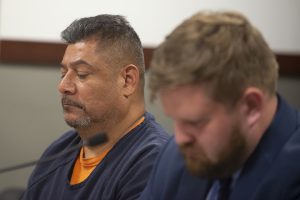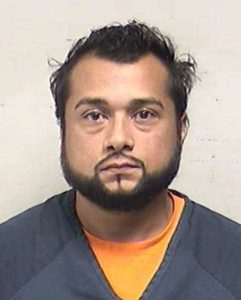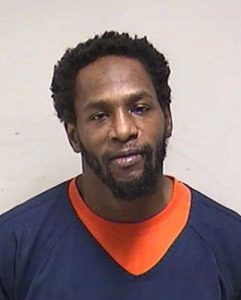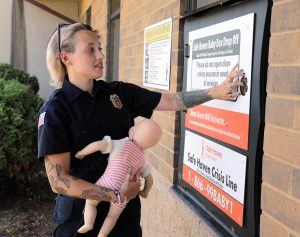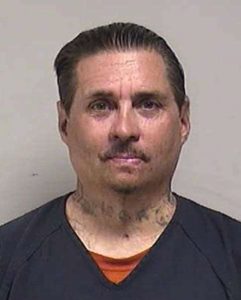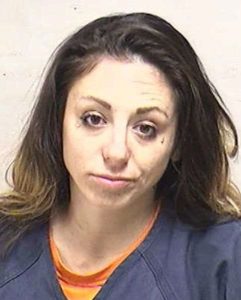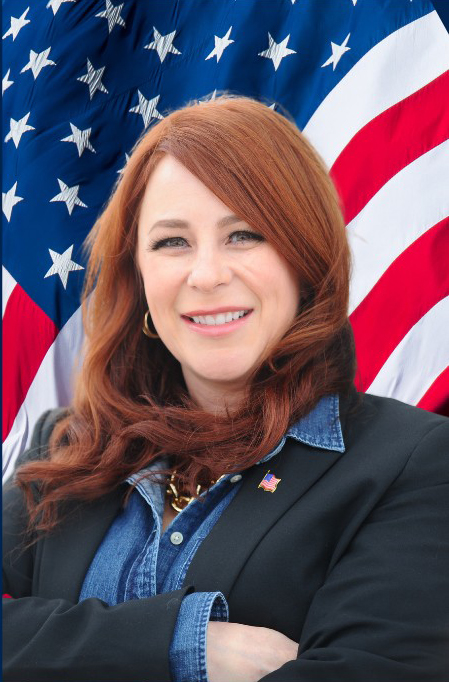
(File Photo by Kevin Mathewson, Kenosha County Eye)
PLEASANT PRAIRIE, Wis. — A new bill introduced Thursday by State Rep. Amanda Nedweski and Sen. Rob Hutton would allow individuals to sue doctors and healthcare providers over gender transition procedures they underwent as minors—potentially decades after the fact.
The legislation, known as LRB-2406, would create a civil cause of action for those who say they were harmed by puberty blockers, cross-sex hormones, or surgeries received before the age of 18. The bill would give individuals until age 33 to file a lawsuit, recognizing what supporters say is the delayed nature of the injuries involved.
“This bill is about accountability,” said Rep. Nedweski, a Republican from Pleasant Prairie. “As doctors continue to promote so-called ‘gender-affirming care’ for young children—despite the lack of long-term studies on potential side effects—it’s essential that we provide victims of harmful gender treatments with the same type of legal recourse as anyone else hurt by a medical professional.”
Nedweski cited a 178% increase in gender dysphoria diagnoses among children ages 6–17 between 2017 and 2021 and blamed the rise on the medical industry’s promotion of what she described as “experimental treatments.”
“Pharmaceutical companies and health care providers have built an extremely lucrative business model that preys on vulnerable children,” Nedweski said, estimating lifetime medical transition costs between $87,000 and $600,000 per person. She pointed to a 2022 estimate placing the global sex reassignment surgery market at $4.12 billion.
The proposed legislation does not criminalize any procedures or prohibit them outright but instead focuses on long-term civil liability for providers.
“Medical accountability should not be a partisan issue,” Nedweski said. “We have a duty to ensure children are protected from experimental treatments that can inflict lasting damage on their bodies and minds as they mature.”
The bill is expected to generate heated debate in the Legislature and among advocacy groups on both sides of the issue.
.
.
.
.










